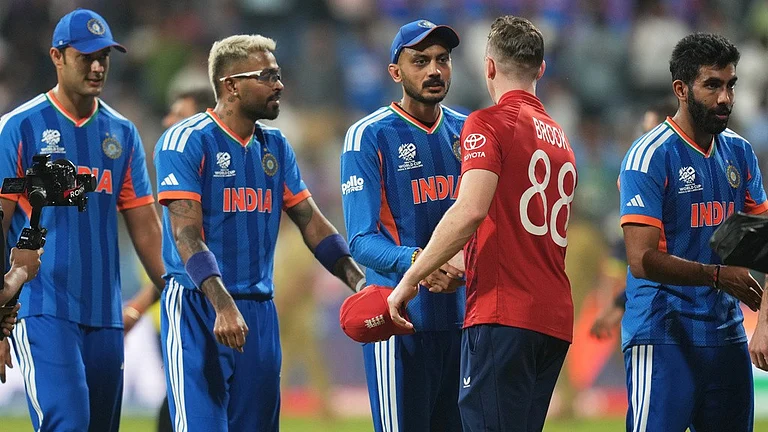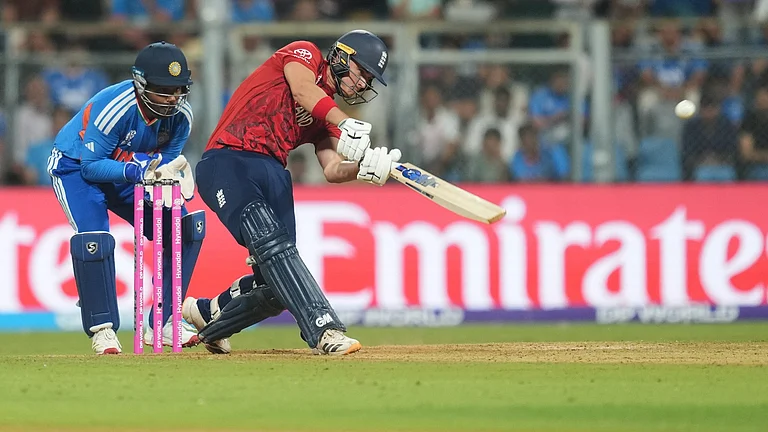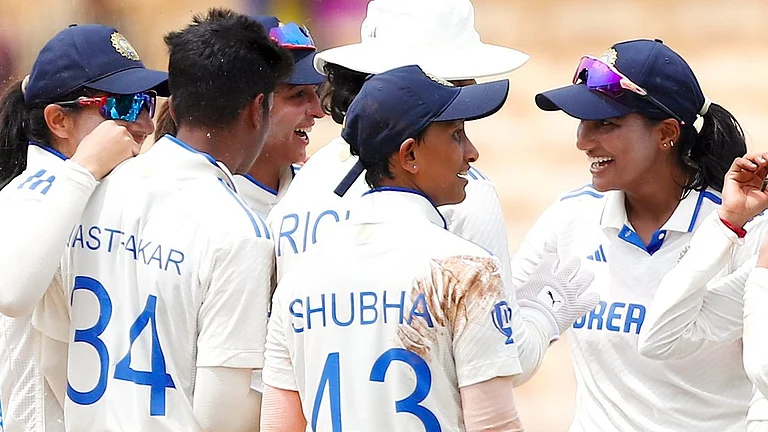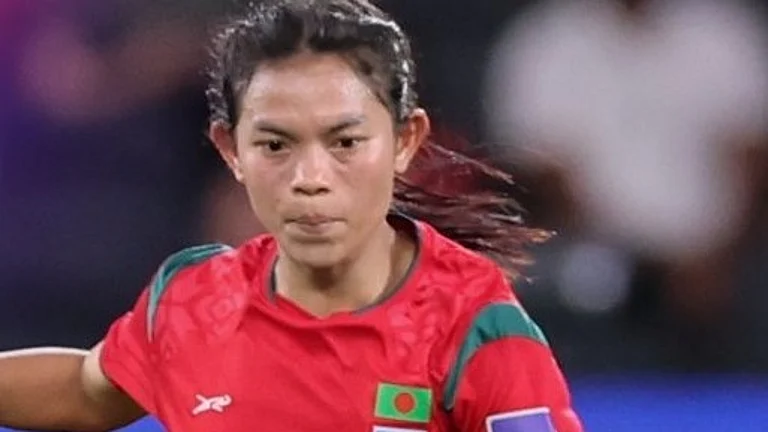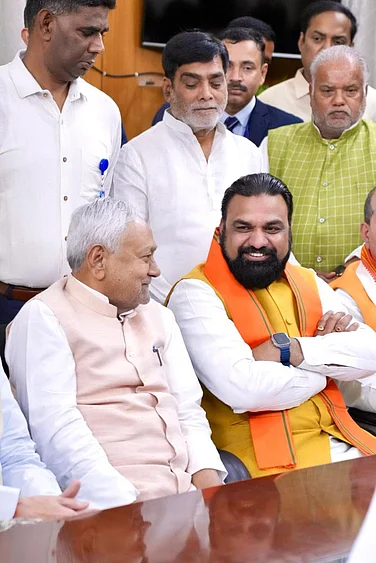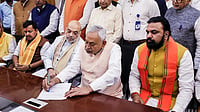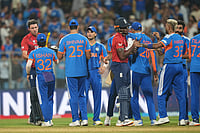Canada has claimed that it has human and surveillance intelligence to link India with the killing of Hardeep Singh Nijjar earlier this year.
The India-Canada relations have nosedived to all-time low after Canadian Prime Minister Justin Trudeau on Monday claimed that India could be behind the killing of Nijjar, who was killed in June. Nijjar, a designated terrorist, was the chief of Khalistan Tiger Force (KTF), which is also a designated terrorist organisation.
Canada also expelled a top Indian diplomat and outed him as an Indian intelligence agency's official. India has forcefully rejected the allegations and has also expelled a Canadian diplomat from New Delhi understood to be from Canadian intelligence agency.
Now, Canada has claimed that it has human and technical intelligence against India and some of it was provided by an ally from the 'Five Eyes' alliance, according to an official quoted by the Associated Press (AP).
The 'Five Eyes' is a major intelligence-sharing alliance comprising the United States, United Kingdom, Canada, Australia, and New Zealand, which was formed in the aftermath of the World War II.
"The official said on Thursday that the communications involved Indian officials and Indian diplomats in Canada and that some of the intelligence was provided by a member of the 'Five Eyes' intelligence-sharing alliance, which in addition to Canada includes the US, Britain, Australia and New Zealand," reported AP, adding that the intelligence also included communications of Indian officials.
The Canadian official did not name which Five Eyes ally provided the intelligence and how it was obtained, reported AP.
After first making the allegations in the Canadian Parliament on Monday, Trudeau has reiterated his allegations multiple times and has also appeared to tone down the confrontation with India, which has escalated to new heights. He has claimed that he does not wish to provoke India, which he terms a major partner, and that the emphasis is on a thorough investigation. India, however, has responded forcefully and has suspended visa services for Canadian nationals and has ordered the downsizing of Canadian missions in New Delhi. India has also called out Canada for being a "safe haven" for terrorists.
In addition to the claims of the existence of intelligence against India, CBC News also reported that India has not denied the intelligence privately.
"Canadian sources say that, when pressed behind closed doors, no Indian official has denied the bombshell allegation at the core of this case — that there is evidence to suggest Indian government involvement in the assassination of a Canadian citizen on Canadian soil," reported CBC News.
For years, the Indian government has accused the Canadian government, particularly under Trudeau, for being soft on the Khalistan movement and the movement finding a safe haven in Canada. The Khalistan movement seeks to carve out a nation for Sikhs from India called Khalistan. For decades, the movement waged a bloody insurgency in India that ebbed in the 1990s. While the insurgency ebbed in 1990s, the movement has a strong presence in some foreign pockets, primarily in Canada and the United Kingdom. Several Khalistani leaders and organisations are based in Canada Trudeau and his allies have attended their events and engaged with them positively over the years.
While Trudeau has continued to repeat his allegations, India has responded strongly. At a media briefing on Thursday, Ministry of External Affairs Spokesperson Arindam Bagchi termed Canada "a safe haven for terrorists, for extremists, and for organized crime".
"If you're talking about reputational issues and reputational damage, if there's any country that needs to look at this, I think it is Canada and its growing reputation as a place, as a safe haven for terrorists, for extremists, and for organized crime. And I think that's a country that needs to worry about its international reputation," said Bagchi.
While relations between India and Canada have been strained for a long time, Trudeau's allegations and the expulsion of the Indian diplomat plunged them to a new low. The tensions were also visible during the G20 Summit earlier this month where Trudeau was largely snubbed by India and Prime Minister Narendra Modi had a tense meeting with him, following which India released a chilling readout, saying "he [Modi] conveyed our strong concerns about continuing anti-India activities of extremist elements in Canada".
"They are promoting secessionism and inciting violence against Indian diplomats, damaging diplomatic premises, and threatening the Indian community in Canada and their places of worship. The nexus of such forces with organized crime, drug syndicates and human trafficking should be a concern for Canada as well. It is essential for the two countries to cooperate in dealing with such threats," said the readout further.
Following Trudeau's allegations, India issued an advisory warning of "politically-condoned" anti-India activities in Canada. The phrase "politically-condoned" reflects the support that the Khalistan movement and anti-India elements in Canada receive from Trudeau, his party and allies, and his government.
After reports suggested that Canadian allies snubbed Trudeau's request to mount a collective offensive on India, the Joe Biden administration said the United States is engaged with both India and Canada on the issues and looks forward to the completion of the investigation. Independent observers have, however, pointed out that the Canadian probe has little credibility now that Trudeau has already formed conclusions and has already expelled an Indian diplomat in the matter.



